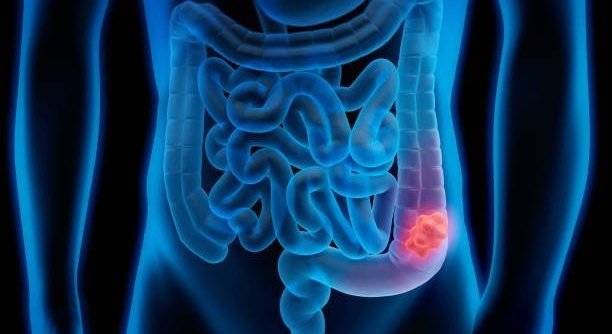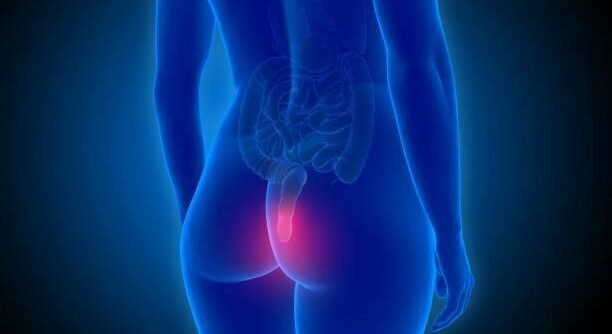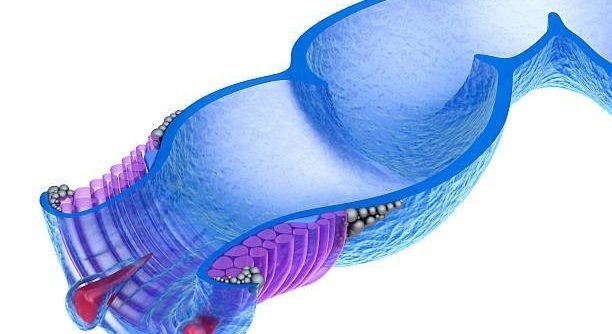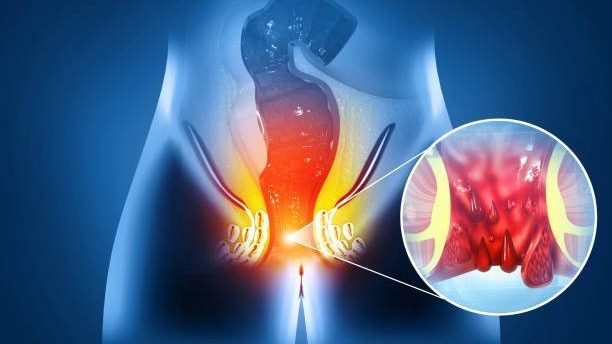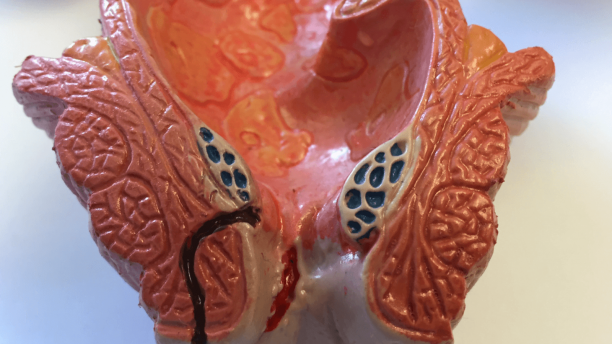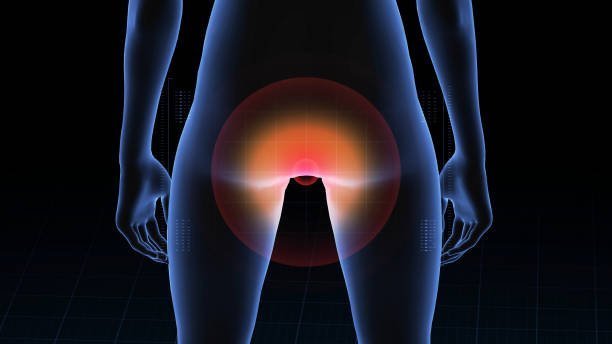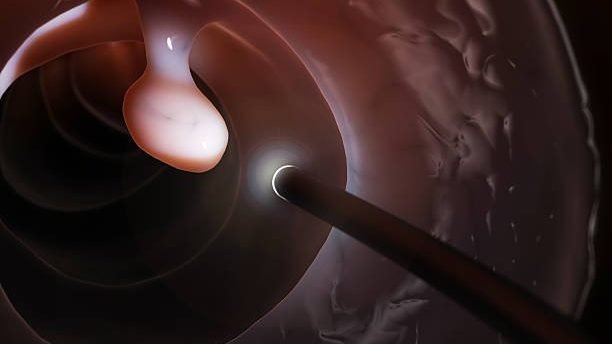Colorectal Surgery
Colorectal surgery is a specialized surgical procedure aimed at treating a range of diseases affecting the colon, rectum, and anus. The primary objective of this surgery is to remove the affected part of the colon, rectum, or anus and restore normal bowel function.
Colon cancer surgery involves the removal of the cancerous part of the colon or rectum. It is a common treatment method that aims to eliminate the cancer and prevent its spread to other parts of the body. The type of surgery performed depends on the location and stage of the cancer. In some cases, minimally invasive techniques such as laparoscopic or robotic surgery may be used, resulting in smaller incisions, shorter recovery times, and less pain for the patient.
Rectal cancer surgery involves the removal of the tumour and affected parts of the rectum. It aims to eradicate cancer cells while preserving bowel function. Procedures range from local excisions for early-stage cancers to more extensive surgeries, often combined with chemotherapy or radiation. Surgeons may opt for minimally invasive techniques like laparoscopy for quicker recovery. Close post-operative monitoring and rehabilitation are crucial for optimal recovery and long-term health.
Diverticular disease involves the formation of small pouches (diverticula) in the wall of the colon. While often asymptomatic, it can lead to diverticulitis, where these pouches become inflamed or infected, causing abdominal pain, fever, and changes in bowel habits. Treatment ranges from dietary adjustments and antibiotics for mild cases to surgery for severe complications like abscesses or bowel obstruction. Prevention focuses on high-fibre diets and healthy lifestyle habits to maintain colon health and reduce the risk of diverticular disease progression.
Anal fissure surgery is typically reserved for cases where conservative treatments like dietary changes, topical medications, and sitz baths have not resolved the fissure. Surgery aims to repair the tear in the anal lining, promoting healing and relieving pain during bowel movements. Procedures may involve removing a small portion of the anal sphincter muscle (lateral internal sphincterotomy) to reduce spasms and allow the fissure to heal. Recovery is usually quick, with patients experiencing significant relief from symptoms following successful surgery.
Hemorrhoid surgery, or hemorrhoidectomy, is a procedure performed to remove swollen veins in the rectal and anal area. It’s recommended when conservative treatments like dietary changes and topical medications fail to provide relief. The surgery aims to alleviate symptoms such as pain, bleeding, and discomfort during bowel movements. Recovery time varies, but most patients experience significant improvement in symptoms post-surgery.
Anal fistula surgery involves treating abnormal tunnels that form between the anal canal and the skin near the anus. It aims to remove the fistula tract and promote healing to prevent recurrence of infections and discomfort. Various surgical techniques, including fistulotomy or placement of setons, are used depending on the complexity of the fistula. Recovery typically involves minimal discomfort and aims to restore normal anal function.
Anal abscess surgery involves draining an infected cavity near the anus caused by a collection of pus. The procedure aims to remove the abscess and its contents to alleviate pain and prevent further complications. Depending on the abscess location and severity, surgery may involve a simple incision and drainage or more complex procedures to ensure complete healing. Post-surgery care focuses on managing pain and preventing recurrence through proper hygiene and sometimes antibiotics.
Colon polyps are abnormal growths that develop on the inner lining of the large intestine (colon). While most are benign, some can potentially become cancerous over time. Screening tests like colonoscopy can detect and remove polyps, reducing the risk of colorectal cancer. Treatment involves removal during colonoscopy, and regular screenings are recommended to monitor for new polyps.
Colorectal Cancer Surgery in Singapore
We at Crest Surgical Practice have an experienced and qualified colorectal cancer surgeon in Singapore- Dr. LEE Kuok Chung, to lead the team.
Our expert team aims to restore colorectal health with tailored treatments for all relatable conditions in a supportive and well-equipped clinic.
Skilled Colorectal Surgeon in Singapore
Dr. Lee Kuok Chung, with degrees including MBBS from Singapore and FRCS (Fellowship of the Royal College of Surgeons), is a highly qualified Senior Consultant Colorectal Surgeon at Crest Surgical Practice, Mount Elizabeth Hospital.
He specializes in Colorectal, Advanced Endoscopy, and Robotic Surgery. His multilingual ability in English, Mandarin, Bahasa, Hokkien, Foochow, and Cantonese enables effective communication with diverse patients, enhancing his patient-focused approach to care.
If you are looking for an experienced and highly qualified Laparoscopic or Robotic colorectal surgeon in Singapore, he is here for a consultation!
When to consult with a robotic or laparoscopic colorectal surgeon in Singapore?
There are numerous reasons why one may need to seek the advice of a surgeon for colorectal surgery. Have you been diagnosed with ulcerative colitis or colorectal cancer? Or do you want help for conditions such as:
- Anal fissure surgery
- Colon Polyps
- Perianal Abscess
- Haemorrhoids
- surgery
- Anal Fistula surgery
- Diverticular disease
- Colon cancer or rectal cancer surgery
Our colorectal cancer surgeon in Singapore can provide you with the required assistance regarding your problems and help you understand the treatment.
Appropriate treatment done at the right time can help you regain your health.

